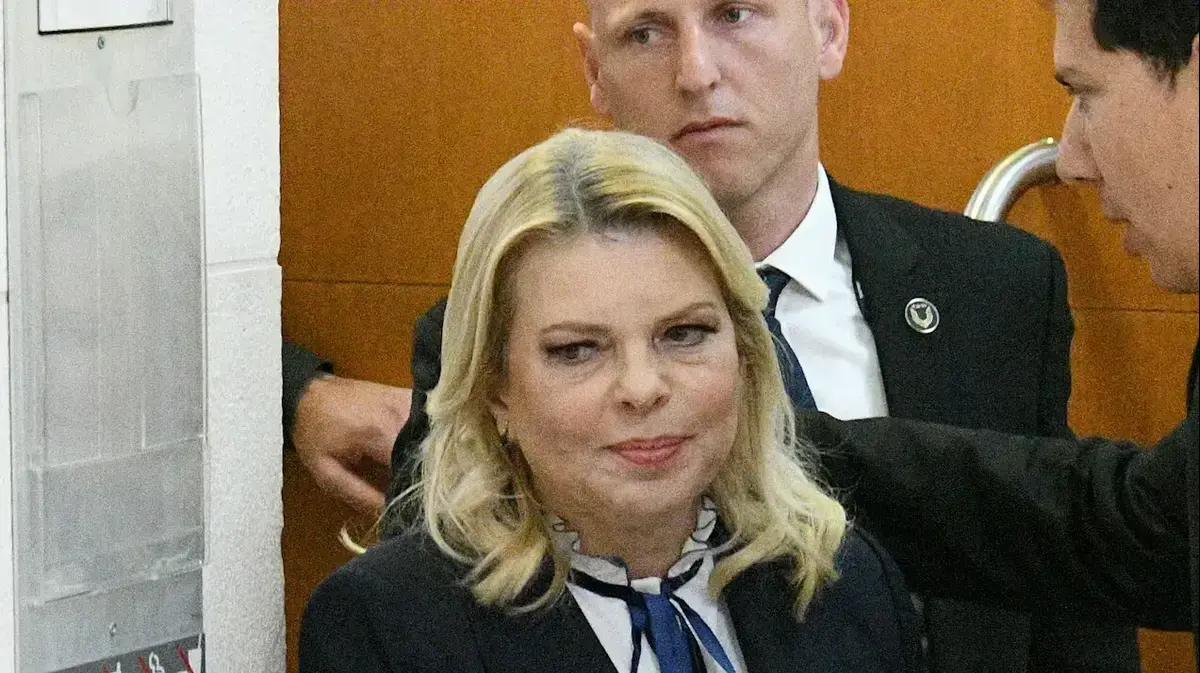news
Opinions and interpretations
Bennett and Lapid must restore the status of the opposition in Israel
The Netanyahu governments have trampled on the political minority in the Knesset, and an example of this can be found in the deletion of the constitutional custom of appointing an opposition member to the Judicial Selection Committee.
This is Bennett and Lapid's opportunity to limit the power of the majority in the Knesset to prevent an over-concentration of power.
After all, a day will come when their government will also lose power
Tags
opposition
Judicial Selection Committee
Guy Lurie
Monday, 14 June 2021, 13:27
Share on Facebook
Share on WhatsApp
Share on general
Share on general
Share on Twitter
Share on Email
0 comments
Among the many publications that summarize the Netanyahu era, it is important to also pay attention to one of the dangerous processes we witnessed during his time. One of its hallmarks is the radicalization of legislative initiatives - starting with laws violating freedom of expression and minority rights (such as the Boycott Law, 2017; the Associations Law, 2016; and the Nationality Law, 2018), through proposals designed to remove the rule of law before the government. The overcoming, 2017) and the proposal to turn the legal advisers into positions of trust (2017), to the complete trampling of basic laws for coalition needs in the past year.This is just one example of a much broader process of losing political restraint.True
, in democracy Balancing and restraining mechanisms designed, among other things, to limit the power of the political majority to prevent over-concentration of power, harm to minorities or crush the mechanisms of the democratic game itself, with the understanding that democracy should work for the benefit of all residents, not just the majority.
In Israel, the government and the coalition majority are particularly strong and have comparatively few mechanisms that limit their political power, what is more, there is no constitution here, and the basic laws can usually be changed by a simple majority.
Therefore, as in any democracy, even in Israel, customs of political restraint on the part of the coalition majority are necessary.
These customs are often based on a decent political culture (such as the famous British it's not done, according to which there are things that are simply not done, even if there is no legal obligation), and the recognition that one day the government will change - the majority will become a minority and vice versa.
But the political system in Israel has never excelled in such a political culture.
More on Walla!
Interior Minister Shaked: "Promote immigration policy and return infiltrators to their country"
To the full article
for further reading:
First faction meetings after the inauguration of the government;
Lieberman: "There will be no tax increase"
The new Minister of Religions must return Judaism to Israelis
B-Cure Laser - Does It Really Help Knee Pain?
They must remember that wherever the political majority loses its reins, the path to politicizing the judiciary is shortened (Photo: Walla !, Reuven Castro)
One of the most obvious examples of this phenomenon is the constitutional custom of appointing a member of the opposition in the Knesset to the Judicial Selection Committee.
The Netanyahu governments began to erode this practice, which began in the 1990s, initially by electing an opposition member to the Judiciary Selection Committee who shared the coalition's worldview and did not faithfully represent the position of the majority of opposition members (in the 18th Knesset it was MK Uri Ariel, and in the 20th Knesset MK Robert Iltov).
Later, they ignored the fact that the member of the opposition who was elected to serve on the committee on his behalf moved to the coalition during his tenure in the Knesset, and was allowed to continue in this position.
In the end, in the Netanyahu-Gantz government, this constitutional custom was "forgotten," and two coalition MKs served on the Judicial Selection Committee (MK Osnat Mark and MK Zvi Hauser).
It is important to clarify - every coalition that has served since the custom has had the option of trampling on the opposition and appointing two coalition members to the committee. Apparently Netanyahu and his ministers did not take into account that they would sit on the opposition benches in the foreseeable future, and therefore saw no more point in maintaining the practice of political restraint, in order to protect the minority in the Knesset.
But this destructive loss is especially dangerous in the context of processes concerning the appointment of judges. In many countries these processes are based not only on the provisions of the Constitution, but also on customs of political restraint, which prevent harm to the independence of judges and the state perception of their role. Wherever the political majority loses its reins, the path to the politicization of the judiciary is shortened.
Now that the Netanyahu coalition has largely moved into the opposition, and the opposition has entered the gates of the government - this is the opportunity for correction.
Although there are signs that the new coalition may return to the unbridled format of the Netanyahu governments, such as initiatives to amend the Basic Laws for narrow coalition needs, and in particular to fortify the coalition's power and make it difficult to replace it during the Knesset term.
But there are also encouraging signs that indicate an improvement in this aspect, such as the decision to return the opposition to a representative on the Judicial Selection Committee.
The current coalition would do well to re-adopt the political restraints thrown by the Netanyahu governments, and in particular to enshrine in the Basic Law the membership of the opposition representative elected by it in the Judicial Selection Committee.
In a democracy as in a democracy, a day will come and it too will lose power.
Dr. Guy Lurie is a senior researcher at the Israel Democracy Institute
Share on Facebook
Share on WhatsApp
Share on general
Share on general
Share on Twitter
Share on Email
0 comments









